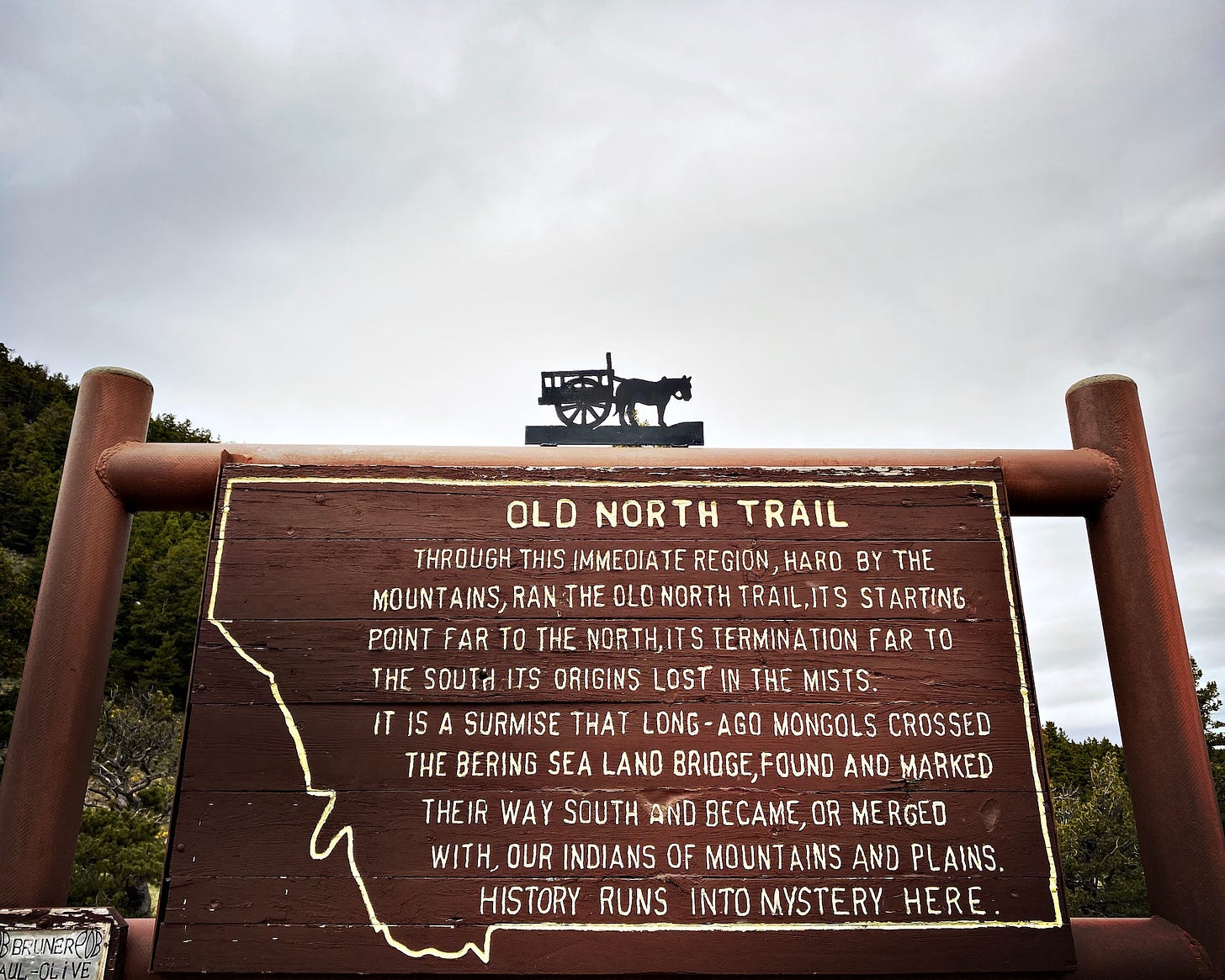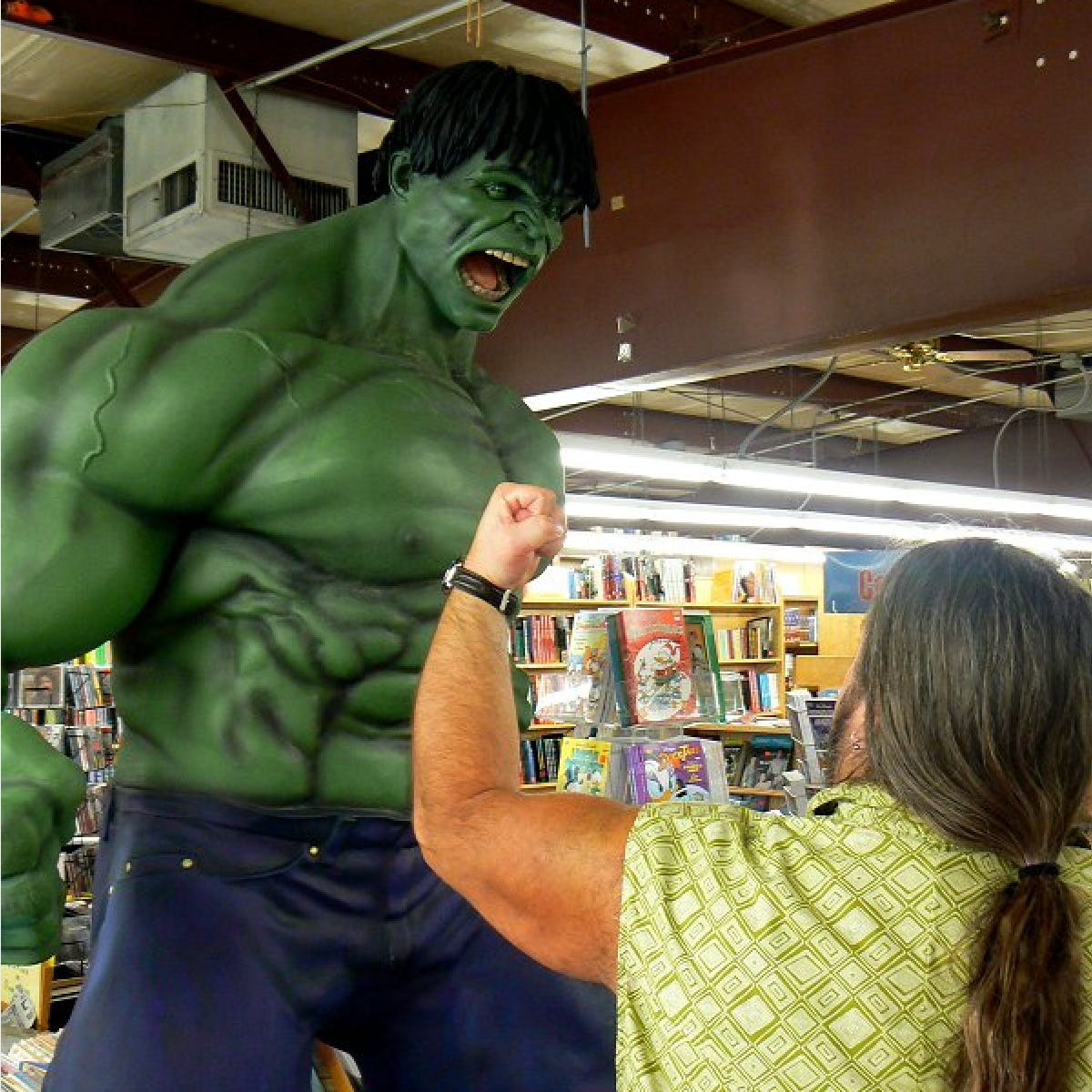
History tells us that Miyamoto Musashi was a pretty good swordsman in the way we might say Kareem Abdul-Jabbar was a pretty good basketball player. Musashi, who lived about 400 years ago, “became renowned through stories of his unique double-bladed swordsmanship and undefeated record in his 61 duels.” Abdul-Jabbar, still alive and kicking (and writing an awesome newsletter), became renowned for his unstoppable sky hook and earned a pile of awards and championships while enjoying a professional career that spanned two decades. To my mind though his greatest achievements have come outside of basketball; as a journalist and writer, a philosopher, and a tireless defender of human rights. He is an elder and good ancestor in every sense of both words. Some might even call him a “fighter.”
Miyamoto Musashi was certainly a fighter, one whose influence has lingered long after he sheathed his swords for the final time; in his case, at least in the West, by way of his classic work titled The Book of Five Rings.
Miyamoto Musashi's Go Rin no Sho or the Book of Five Rings, is considered a classic treatise on military strategy, much like Sun Tzu's The Art of War and Chanakya's Arthashastra. The five "books" refer to the idea that there are different elements of battle, just as there are different physical elements in life, as described by Buddhism, Shinto, and other Eastern religions. Through the book Musashi defends his thesis: a man who conquers himself is ready to take it on on the world, should need arise.
I mention all of this because I’ve been thinking about what it means to “fight.” I’m not sure it means anything anymore beyond its literal definition, which we see on display all over the world, expressed through violence and bloodshed. Maybe that’s all it’s ever really meant and the word has just been co-opted to bulk up other things that don’t really mean anything. Or maybe they did at one time and, like “thoughts and prayers,” have since become meaningless.
Some examples: in our current political hellscape, where a mean-spirited, vocal minority has pretty much set policy across the social and economic spectrum for at least a couple decades now, many of us consider leaving our town/city/state/country because we just can’t stand the politics of our seething neighbors. Others vow to “stay and fight.” What does that mean? How does one “fight” in this capacity?
Another: a politician runs for office in whatever town/city/state/country everyone wants to escape from, vowing to “fight” for citizen values or whatever. What does “fight” mean in this context? I’m sure there are politicians and the ilk who think they are engaged in this fighting, but we rarely see it. What does this fighting look like?
Musashi writes:
“There are various Ways. There is the Way of salvation by the law of Buddha, the Way of Confucius governing the Way of learning, the Way of healing as a doctor, as a poet teaching the Way of Waka, tea, archery, and many arts and skills. Each man practices as he feels inclined. It is said the warrior's is the twofold Way of pen and sword, and he should have a taste for both Ways.”
Musashi’s Way is the Way of Strategy. Now I don’t want to go into a breakdown of Musashi’s book. I’ll just say that never in my life have I needed a plan, a strategy, for taking on the world and the things I’d like to work — to fight — to change like I do now. A strategy for using the pen and the sword.
There are things I’d like to fight for but I don’t know how to do it. Some might suggest that letter writing campaigns to our elected officials are a kind of fighting but I’m not so sure. Do the likes of Greg Gianforte or Steve Daines or Matt Rosendale give a single fuck about letters from those of us who oppose them? I can’t think of a bigger waste of time than engaging with these men in this way. Calling them names on social media might feel good, but I come away from such activity feeling as if I am the asshole, and maybe I am.
Is active voting and canvasing for candidates and all that fighting? People busted their butts — fought, perhaps? — to get a Democratic majority in that awful Senate but what good has it done? Don’t come at me blubbering about Sinema and Manchin not being “real” Democrats because they are. They aren’t really even outliers. The folks at the top of the party know who they are and I don’t think their actions are an anomaly. So if not them, it would be someone else, because the Dems don’t have a clear platform, don’t stand for anything (for better or worse)(other than getting rich) the same way the Republicans do. That’s how the right has managed to do more with way less of a constituency. They deliver ruthlessly and Dems … don’t. So when I vote for Dems I don’t feel like I am fighting for anything. I’m just plugging a gushing wound and watching infection spread, and feeling gross and a sellout and a sucker because of it.
Which is why I get so irritated when people suggest that the solution to our problems is to “vote blue.” That might be the closest thing we have at the moment but it is no solution, not without significant change from inside the party out. If we want change, if we want the meaningful things — healthcare, education, housing, body autonomy, strict gun laws, landback, et al — we need to “fight” even harder for them. It is a long game and I have a sense everyone is constantly aiming for the knockout blow and when it doesn’t come we quit. I feel that way sometimes. Most of the time, in fact. I tend to feel like I’m doing nothing.
I do take some inspiration from the history of my people, the Little Shell. For over a century we gathered in kitchens and on porches and talked about recognition and what we needed to do to get it back. We worked through, or around at least, the squabbles that come with the human propensity for disagreement and surliness. We raised money from bake sales and raffles so delegates could be sent to Washington, D.C. to lobby for us. At every turn we faced racism and bureaucracy and frustration and yet we continued. We finally had a lawyer working tirelessly on our behalf for ten years, chasing every suit on the Hill, lobbying and arguing for us, pro bono. It was a lot of work but it, the long game, paid off. Is this a kind of fighting? I suspect it is. But it wasn’t the ultimate vote that made it happen. It was the daily grind of showing up every day to the struggle that even landed the vote on the table. The training for the fight.
The meandering bleat of this particular newsletter is me trying to understand these efforts better for my own sake. There are so many things I care about and get outraged over that my energy gets shredded to the point of dissipation and it all seems pointless. It’s like I’m tending this thing over here and all of a sudden that thing over there erupts into a bonfire. One moment I’m waddling along trying to figure out a way to make the inspiring glorious joy that bursts from people of all ages who turn out for PRIDE events1 somehow manifest in younger people when it comes to celebrating their Indigenous heritage … and then someone shares a tweet from President Biden patting himself on the back over the booming economy and the defeated pandemic … while millions of people are struggling more and more economically and Covid is still surging and killing people … and I fall off the cliff into existential despair because he is such a clueless asshole. It’s hard!
I’m curious how other folks handle it. What is your strategy? What are the things that you are willing to fight for, and how do you fight? What does it mean to fight? And most importantly, how do we support each other for the long haul that turning this thing around is going to require? After all, the strategy for how we care for each other is ultimately more important than the strategy for how we fight together, isn’t it?
I know it seems I’ve probably asked these questions before. And maybe that is what fighting is, just asking and asking and asking until we get the answers. We are all in this together.
Despite the horrors our nightmare culture still visits on LGBTQ2S people, of course.




Don’t you feel like you’re fighting when you’re working with kids? It’s the long game, for sure, but kids who are exposed to thinking and feeling and to facts and diverse perspectives will be better humans. Seems like we always lay it on the kids to save us; maybe they can save themselves.
I don’t have an answer, but the discussion makes me think about this poem by Clint Smith:
When people say, “we have made it through worse before”
— Clint Smith
all I hear is the wind slapping against the gravestones
of those who did not make it, those who did not
survive to see the confetti fall from the sky, those who
did not live to watch the parade roll down the street.
I have grown accustomed to a lifetime of aphorisms
meant to assuage my fears, pithy sayings meant to
convey that everything ends up fine in the end. There is no
solace in rearranging language to make a different word
tell the same lie. Sometimes the moral arc of the universe
does not bend in a direction that will comfort us.
Sometimes it bends in ways we don’t expect & there are
people who fall off in the process. Please, dear reader,
do not say I am hopeless, I believe there is a better future
to fight for, I simply accept the possibility that I may not
live to see it. I have grown weary of telling myself lies
that I might one day begin to believe. We are not all left
standing after the war has ended. Some of us have
become ghosts by the time the dust has settled.
https://readwildness.com/19/smith-people